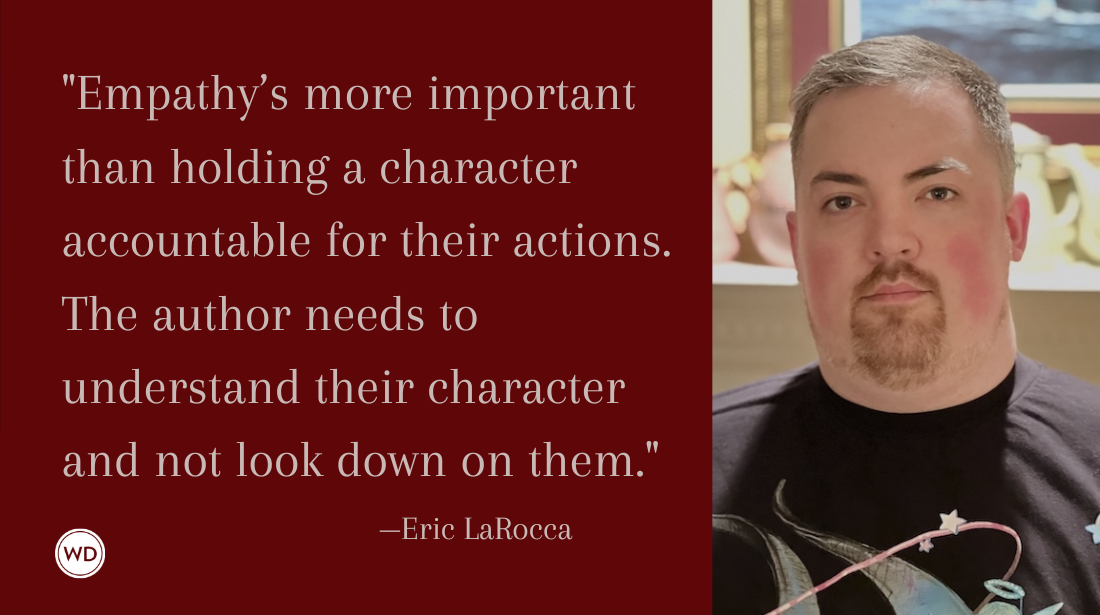Fiona Barton: On Catching Someone in a Lie
New York Times bestselling author Fiona Barton discusses her brief encounter with a stranger that led to writing her new thriller novel, Local Gone Missing.
Fiona Barton is the New York Times bestselling author of The Widow, The Child, and The Suspect. She has trained and worked with journalists all over the world. Previously, she was a senior writer at the Daily Mail, news editor at the Daily Telegraph, and chief reporter at the Mail on Sunday, where she won Reporter of the Year at the British Press Awards. Born in Cambridge, England, she lives in England. Follow her on Twitter and Facebook.
In this post, Fiona discusses her brief encounter with a stranger that led to writing her new thriller novel, Local Gone Missing, her advice for other writers, and more!
Name: Fiona Barton
Literary agent: Madeline Milburn
Book title: Local Gone Missing
Publisher: Berkley
Release date: June 14, 2022
Genre/category: Thriller/suspense
Previous titles: The Widow, The Child, and The Suspect.
Elevator pitch for the book: An ambitious murder detective, off sick and filled with doubt that she can ever work again, is persuaded to investigate the disappearance of a much loved resident in a seaside town beset with tensions. The hunt leads DI Elise King on a darkening trail of secrets her neighbors would like to keep hidden.
IndieBound | Bookshop | Amazon
[WD uses affiliate links.]
What prompted you to write this book?
It was just a 10-minute conversation with a stranger, but it burrowed into my brain and has stayed with me ever since. I was at an event abroad where I didn’t know a soul and started chatting to a group at the bar. It was all very innocuous until another Brit started talking confidently about his connections, dropping names like confetti, including members of the royal household. Everyone else hung on his every word but I knew that he was a fake.
Unluckily for him, he’d picked a subject I knew about—I’d covered royal stories as a journalist and immediately spotted he was getting names and titles wrong. I caught his eye after one particularly outrageous claim and he went quiet, pretending to see someone he knew across the room, and left.
Afterwards, I couldn’t stop thinking about his reasons for reinventing himself –and the effort required to lie consistently. And the terror of being exposed. I suppose I loved the fact that it just takes a bit of chutzpah to create a new persona and shed your old skin when you arrive in a new community. There must be hundreds of men and women doing just that at this precise moment. Until a simple twist of fate—someone who can lay bare the lies—arrives. The jeopardy is palpable—and delicious.
How long did it take to go from idea to publication? And did the idea change during the process?
It probably took 18 months from first word on the page to publication day, but ideas can be cooking in your head for far longer before they emerge as a storyline.
Were there any surprises or learning moments in the publishing process for this title?
That creating a fictitious town is harder work than you’d think. I imagined it would be simple and fun, but the street plan alone kept me up at night. And, as for the cast of Ebbing’s residents—don’t get me started …
What do you hope readers will get out of your book?
I think every individual reader will take something different from the book. That’s the joy of reading.
If you could share one piece of advice with other writers, what would it be?
Two pieces of advice that might sound contradictory: Get going! And don't Rush!
So, get on with writing down that story idea that’s been nagging at you for years in a notebook or on screen—it’s the first step to writing your book and means you are taking it seriously.
But … you don’t have to rush to plot every line. Let your ideas cook and your characters unfold to you.
Robert Lee Brewer is Senior Editor of Writer's Digest, which includes managing the content on WritersDigest.com and programming virtual conferences. He's the author of 40 Plot Twist Prompts for Writers: Writing Ideas for Bending Stories in New Directions, The Complete Guide of Poetic Forms: 100+ Poetic Form Definitions and Examples for Poets, Poem-a-Day: 365 Poetry Writing Prompts for a Year of Poeming, and more. Also, he's the editor of Writer's Market, Poet's Market, and Guide to Literary Agents. Follow him on Twitter @robertleebrewer.








